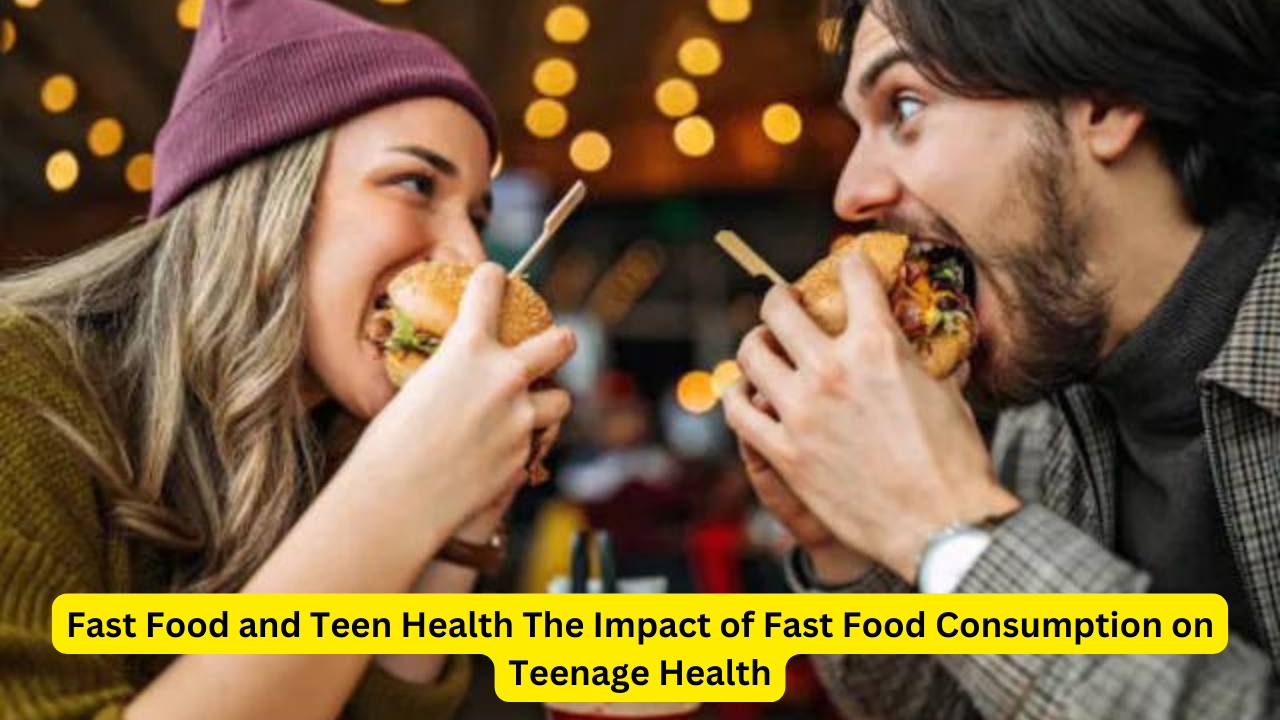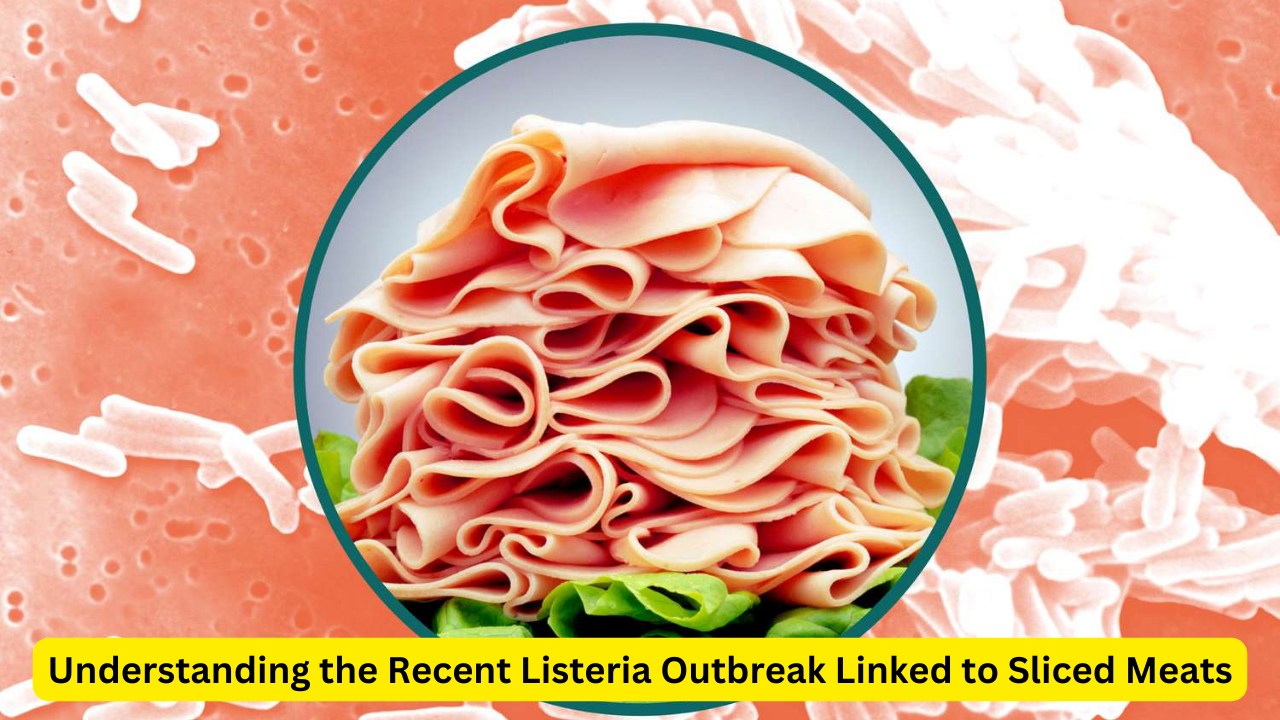Fast Food and Teen Health The Impact of Fast Food Consumption on Teenage Health

Fast Food and Teen Health The Impact of Fast Food Consumption on Teenage Health. As the school bell rang, Akash and his friends rushed out of the classroom, their stomachs growling. Within minutes, they reached the fast-food joint just outside their school and ordered their favourites—burgers, fries, and large milkshakes. As their orders arrived just moments later, they devoured the food quickly. This was Akash’s third visit to the fast-food joint this week. But as good as the food tasted, little did the 14-year-old know that it was quietly affecting his health, setting the stage for various health issues in adulthood.
Understanding Fast Food
Fast food is a convenient option for many teenagers. It’s quick, tasty, and often affordable. However, the convenience of fast food comes at a cost. Most fast food items are high in calories, unhealthy fats, sugars, and sodium. This combination makes them delicious but also contributes to poor health outcomes, especially when consumed frequently.
Nutritional Content and Fast Food
The nutritional content of fast food is alarming. A typical fast food meal, including a burger, fries, and a soda, can easily exceed 1,000 calories. Considering the average teenager needs about 2,000 to 2,500 calories a day, one meal can take up half or more of their daily caloric intake. Furthermore, these meals often lack essential nutrients like vitamins, minerals, and fiber, which are crucial for a growing teen’s body.
Immediate Effects on Teen Health
When teenagers consume fast food regularly, the immediate effects on their health can be significant. Weight gain is one of the most noticeable outcomes. Fast food is calorie-dense but low in nutritional value, leading to an increase in body fat. This can result in obesity, which is a growing problem among teenagers worldwide. Obesity can also lead to other health issues like insulin resistance, type 2 diabetes, and high blood pressure.
Long-Term Health Consequences
The long-term health consequences of a diet high in fast food are even more concerning. Cardiovascular diseases are one of the primary risks. The high levels of saturated fats and trans fats in fast food can lead to the buildup of plaque in the arteries, increasing the risk of heart disease. Additionally, the high sodium content can lead to hypertension, further exacerbating heart health issues.
Mental Health and Fast Food
There’s also a link between fast food consumption and mental health. Studies have shown that teenagers who consume a lot of fast food are more likely to suffer from depression and anxiety. The lack of essential nutrients in fast food can affect brain function and mood regulation. Moreover, the high levels of sugar can lead to energy spikes and crashes, which can negatively impact a teen’s mood and overall mental health.
The Role of Marketing
Marketing plays a significant role in the consumption of fast food among teenagers. Fast food companies use aggressive marketing tactics to target young consumers. They use colorful advertisements, catchy jingles, and social media influencers to make their products appealing. This constant exposure can make it difficult for teenagers to resist the temptation of fast food.
Parental Influence and Education
Parents can play a crucial role in mitigating the impact of fast food on their teenagers’ health. Education is key. By teaching teens about the nutritional content of the foods they eat and the long-term consequences of a poor diet, parents can help them make better food choices. Additionally, parents can set a good example by choosing healthier options themselves and encouraging family meals at home.
Healthy Alternatives
There are many healthy alternatives to fast food that are just as convenient and tasty. Preparing meals at home with fresh ingredients can ensure that teenagers get the nutrients they need without the excess calories, fats, and sugars. Simple swaps, like choosing whole-grain bread over white bread, or opting for grilled chicken instead of fried, can make a big difference.
Conclusion
The impact of fast food on teen health is profound and far-reaching. While it may be a convenient option, the long-term consequences of frequent consumption are too significant to ignore. By understanding the risks and making healthier choices, teenagers can enjoy better health and well-being now and in the future. Parents, educators, and policymakers all have a role to play in promoting healthier eating habits among teens.




